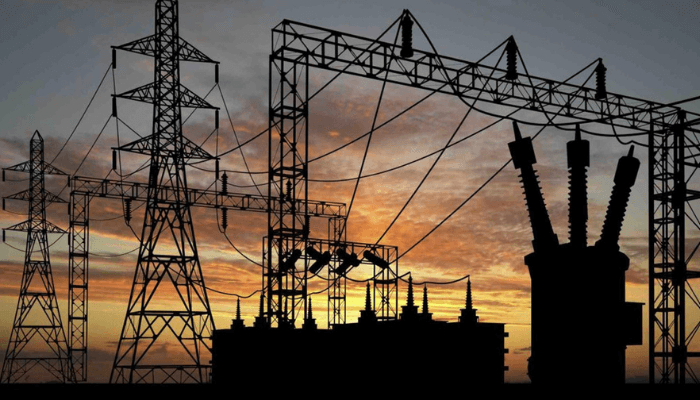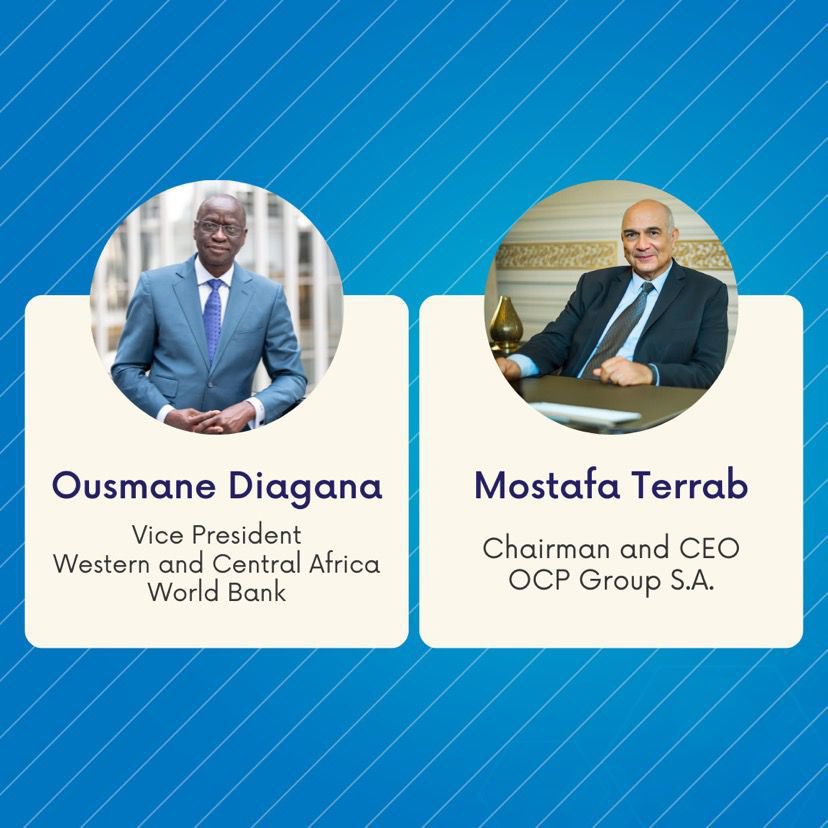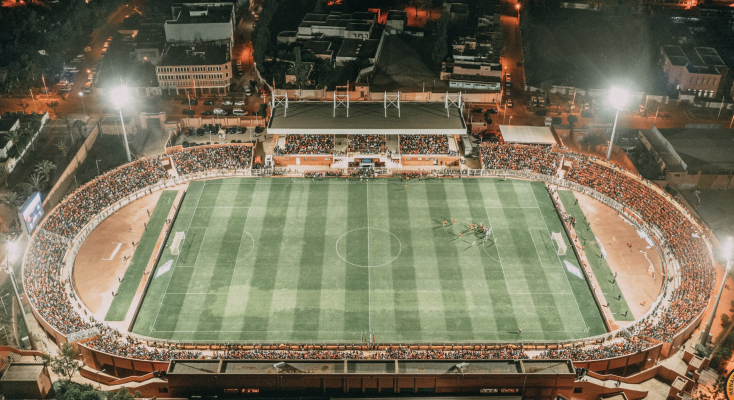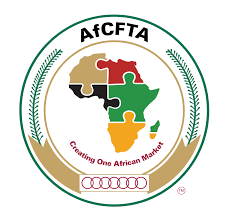The African Development Bank (AfDB) and the World Bank are working together to provide electricity to 300 million Africans by 2030 through renewable energy system.
Some 600 million Africans lack access to electricity, creating significant barriers to health care, education, productivity, digital inclusivity, and ultimately job creation, according to the World Bank.
The WB said that the project would require investments of at least $30 billion by the public sector and an additional $9 billion by the private sector.
Electricity access is a major issue in Sub-Saharan Africa, where some countries such as South Sudan has an electricity access rate of only 7%.
Even large resource-rich countries such as DRC and the CAR have poor electricity access rates at 19% and 15% respectively.
The continent’s first industrialized nation, South Africa, has an electricity access rate of 86% but power outages have been more recurrent in recent months with an impact on the economy expected at 2 percentage points of GDP annually.
Morocco, Egypt, Tunisia and Algeria have an electricity access rate of 100%.



